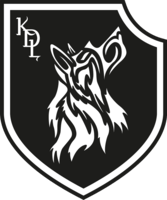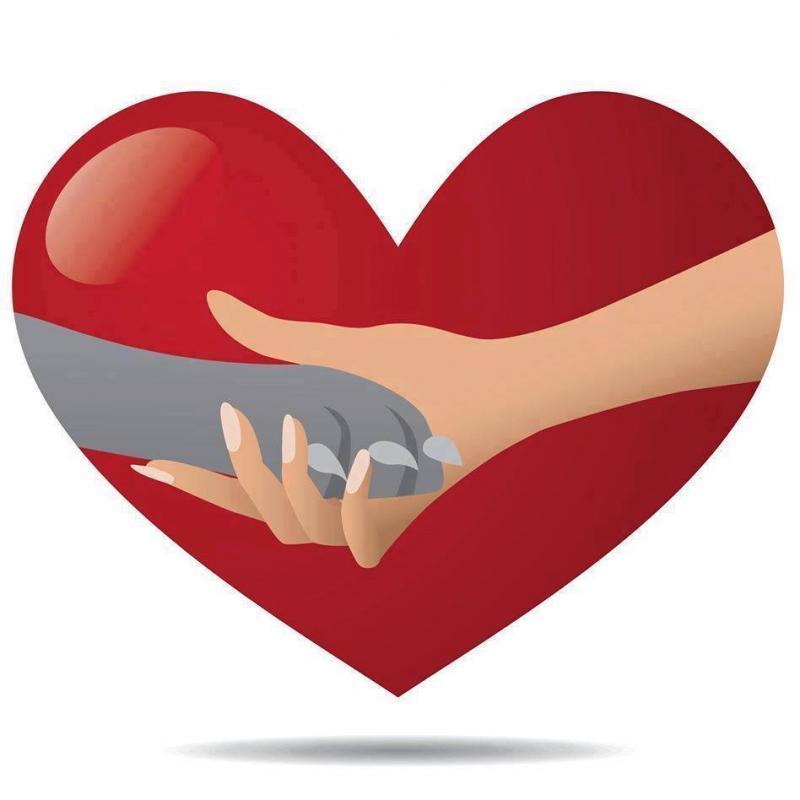Anthropomorphism is a tendency in humans to see animals in their own image, attributing to them qualities, feelings and reactions similar to their own.
It is true that proximity to a domestic animal often leads humans to disregard interspecific boundaries and to consider the animal as a fellow human, forgetting its specificity as an animal and giving it a role to which the species is not predestined.
Basically, each animal species lives in its own perceptive and meaningful world. What is meaningful for one is not necessarily so in the world of another. Stimuli are specific to each species.
Anthropomorphism has existed for a long time in many countries, but it has now reached its peak.
What are the possible consequences?
Anthropomorphising an animal to the point of forgetting its true nature means degrading it and showing it a lack of respect. Is it normal to love an animal for what it is not? In the belief that we are doing the right thing, we treat them in an inappropriate way, which, quite frankly, amounts to a form of mistreatment.
Did mankind want to create a substitute to make up for a lack of affection or loneliness? We’ve proved that certain pets contribute to the psychological and physiological well-being of humans with TAA (Thérapie Accompagnée par l’Animal – Animal Assisted Therapy). Is the reverse true or possible?
Loving means respecting the other person’s nature.
For example, if I decide to take a dog into my care, I have a duty to get to know its nature and try to make it happy. To do that, you need to know the rules of a pack. I’ll adopt the behaviour of a pack leader, so that he can develop his full potential and remain himself, while knowing the limits that must not be exceeded at home and outside, and thus avoiding accidents. It’s up to us to make him happy by respecting his behavioural repertoire. Dogs are genetically distant from humans and it goes without saying for me that they need to have contact with other dogs because it’s important for their development.
Anthropomorphism in the human/dog relationship can create situations in which the animal has no other way out than conflict with its master, because it does not perceive situations in the same way.
Here’s an example: you’ve got your pet used to eating with you, then one day you have guests over and you forbid your pet to eat with you. He won’t understand, he might growl at you and bite you. Would this be his fault? Certainly not, because dogs are unaware of situations where changes are made to their disadvantage, and this inconsistency in gestures and senses will disrupt their development and create behavioural problems.
That’s why you need to establish rules from the outset. With a dog, you have to think of the social structure of a pack of wolves: I’m the leader, I eat first, then it’s your turn, I never give in! Once he’s understood, you need to reward him with petting, so he understands his role, knows the difference between right and wrong and knows his limits.
We wanted wolves in our image, what a strange idea!
Now that they’re here, let’s love them for what they’ve become, it’s the least we can do.
Dogs are descended from wolves, and they certainly can’t react to a situation in the same way as we do, for a very simple reason: their five senses are much more developed than ours (sight, hearing, smell, taste, touch) and they can very quickly take on a new meaning, Hence the importance of getting to know a species before adopting it, to avoid accidents caused by the blindness of exaggerated anthropomorphism.
We need to work together, respecting our differences, for the sake of everyone’s equilibrium.
I also think that we should stop all genetic modifications.
Artificial intelligence translation of an original text by Sandrine Devienne
Click here to read the French version

